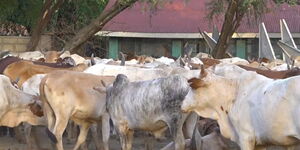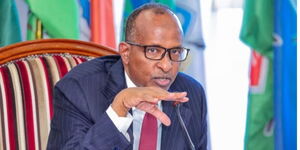Individuals with a precarious social media history have been put on high alert following Donald Trump's latest directives on U.S. visa and Green Card applications.
Under the directive, applicants for Green Cards will be required to disclose their social media history as part of a strict vetting process.
The policy, which has been in effect since 2009, requires visa and Green Card applicants to provide usernames for all social media platforms used in the past five years, along with previous email addresses and phone numbers.
In the new proposal from the Trump administration, the vetting policy will apply to most visa categories, including diversity visas, work and student visas, and tourist visas. Among the social media platforms the U.S. government will scrutinise are Facebook, Twitter, Instagram, and LinkedIn, among others.
Applicants will be required to submit any old email addresses and phone numbers used in the past five years, with the data set to be stored indefinitely by U.S. authorities and shared among various state agencies.
There is also a possibility that the data could be shared with foreign governments allied with the U.S. as a security measure.
According to U.S. Citizenship and Immigration Services (USCIS), vetting social media accounts is necessary for “enhanced identity verification, vetting, and national security screening.”
Moreover, the agency emphasised that compliance with President Donald Trump's directive, titled Protecting the United States from Foreign Terrorists and Other National Security and Public Safety Threats, is of utmost importance.
The proposals are likely to have adverse effects on thousands of Kenyans who continue to make attempts to relocate to the U.S. in search of greener pastures.
Notably, the U.S. State Department bulletin last year revealed that Kenyans were allocated 4,459 permanent visas under the DV-2025 Diversity Visa Lottery programme, placing the country among the top African nations with a high number of U.S. green card applicants.
This marked a significant increase from the 3,760 Kenyans who won a chance to migrate to the U.S. in the Diversity Visa 2024 (Green Card) lottery.
Trump's policy has not been without resistance, as civil rights organisations have criticised the move, arguing that it violates privacy rights and could hinder freedom of speech online. Rights groups have also claimed that the policy places social media users in a dilemma—whether to openly express their views or risk potential denial of U.S. entry in the future.












